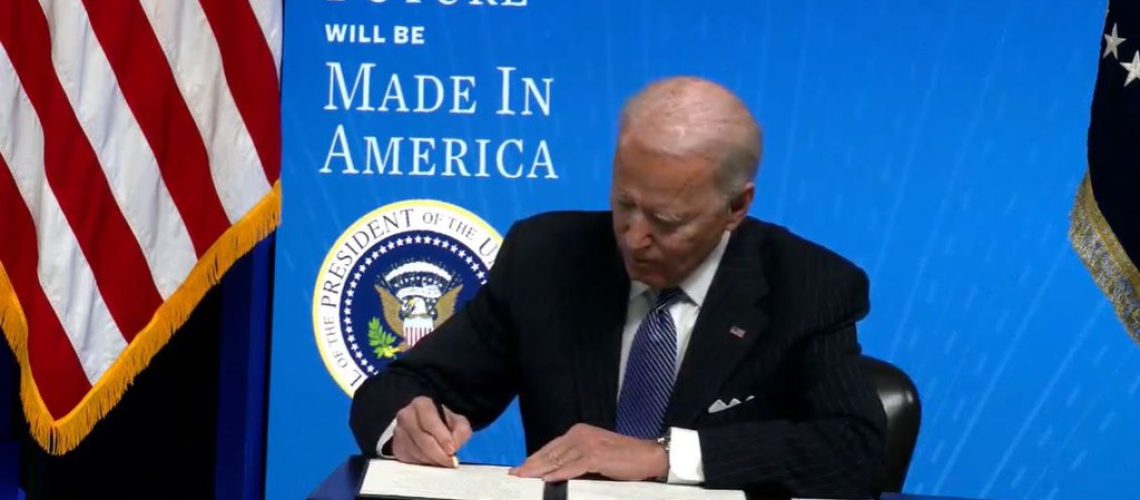The moratorium is intended as a bridge put in place temporarily while the United States rapidly ramps up manufacturing to supply its burgeoning solar industry.
Earlier this month, President Biden vetoed the repeal of the two-year moratorium on solar modules made in Cambodia, Malaysia, Thailand and Vietnam, saying it would undermine the efforts to ramp up domestic manufacturing to support a burgeoning solar industry and would create uncertainty for businesses and workers in the U.S. solar industry. Today the U.S. House of Representatives failed to achieve the two-thirds majority needed to override that veto.
The vote is celebrated among leaders in the solar industry, citing job growth and a strengthening supply chain as reasons to keep the moratorium in place.
“Today’s vote underscores just how unpopular it is to threaten American jobs and undermine energy security,” said Abigail Ross Hopper, president and CEO of the Solar Energy Industries Association (SEIA). “The American solar and storage industry is creating opportunities in communities across the country, and re-instituting harmful retroactive tariffs at this juncture would harm business certainty and trigger layoffs, delaying the promise of the Inflation Reduction Act.”
Building out the solar infrastructure in the U.S. will take an enormous amount of capacity. According to the Department of Energy’s “Solar Futures Study”, with aggressive cost reduction, supportive policy and large-scale, solar could supply 40% of U.S. electricity in 2035 and 45% in 2050. That would require average annual growth of 30 GW in new solar capacity this year and next, rising to 60 GW extra per year from 2025 to 2030, for a terawatt of new solar capacity by 2035. To support this growth many manufacturers have announced their intent to begin producing modules in the U.S .and some have promised more upstream supplies, such as cells, wafers, ingots and polysilicon.
“This moratorium will serve as an important bridge as we expand domestic manufacturing and strengthen the solar and storage supply chain with more American products,” Hopper said. “Finally, with this business certainty in hand, solar companies can get back to building our country’s clean energy future.”
“We want to thank our champions in the House for protecting thousands of small businesses and more than a quarter-million Americans that have a solar and storage career,” she said.
President Biden stated that he does not intend to extend the tariff suspension past the conclusion of the two-year period, which would end in June 2024.



